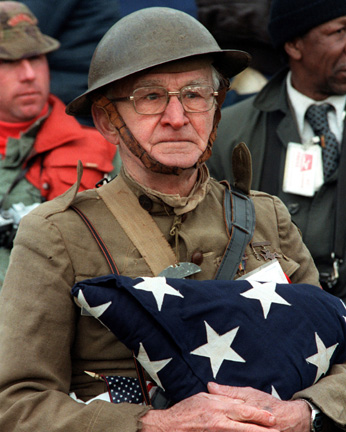Yesterday, I had the good fortune to attend two inspiring events – the Milwaukee Bar Association’s first Pro Bono Publico Awards ceremony, held at the annual State of the Court luncheon. Marquette 3L Meghan O’Connor was among the honorees. Meghan was awarded this honor for her substantial pro bono commitment at the Law School, particularly her role as the student liaison for the newly launched Legal and Medical Partnership for Families at the Downtown Health Center
In the evening, a Milwaukee Young Lawyers Association gathering brought together recent law graduates and public interest law firms in an effort to increase awareness about pro bono opportunities in the Milwaukee area. Again, Marquette Law School was prominently featured, both by the presence of many alumni and the many pro bono opportunities that the Law School has initiated not only for its students, but for lawyers in the community as well.
These events were a precursor to the National Pro Bono Celebration scheduled for October 25 through 31, 2009.
Sponsored by the ABA Standing Committee on Pro Bono and Public Service, the celebration is a coordinated national effort to showcase the great difference that pro bono lawyers make to the nation, its system of justice, its communities and, most of all, to the clients they serve. The week is also dedicated to the quest for more pro bono volunteers to meet the ever-growing legal needs of this country’s most vulnerable citizens.
Marquette Law School is enthusiastically joining this celebration. On Friday, Dean Joseph D. Kearney will announce the opening of the new Milwaukee Volunteer Legal Clinic at the Milwaukee Justice Center in the Milwaukee County Courthouse. Dean Kearney will appear alongside the Chief Judge from the First Judicial Circuit, the Clerk of Courts, and the President of the Milwaukee Bar Association. This will be the fourth location for the MVLC, which provides pro bono opportunities for nearly 150 law students and 100 lawyers every year. Marquette Law School was a key partner in the development of the Milwaukee Justice Center, an effort led by the Milwaukee Bar Association, and provides many volunteer law students at the MJC’s self-help desks as well.
The following week, on Thursday, January 29, law students will join pro bono attorneys and members of the Coalition for Access to Legal Resources at a luncheon to celebrate pro bono week. CALR was another effort initiated by the Law School through the MVLC to provide a regular forum for public interest law firms to meet and share information on legal services in greater Milwaukee. In celebration of pro bono week, the members of CALR will gather at noon in Marquette’s Eisenberg Hall to discuss legal services, public interest careers, and pro bono opportunities with law students.
Marquette has made tremendous strides to increase the opportunity and engagement in legal services pro bono publico, for both Marquette law students and the Milwaukee bar. Three-quarters of our students now engage in some form of pro bono activity. Under the excellent leadership of Marquette Law School’s Pro Bono Coordinator, Adie Olson, that percentage is expected to grow. Marquette’s Pro Bono Society has increased membership each year, and we are pleased to be so committed and engaged in this good work in our community — just another way Marquette is building a new law school.
 On this Veterans Day we remember the service of so many in the armed forces and merchant marine. We are grateful for their public service and wish to support them in their return to civilian life. As we have been made all too aware, the sacrifices extend beyond the servicemembers to their families and communities.
On this Veterans Day we remember the service of so many in the armed forces and merchant marine. We are grateful for their public service and wish to support them in their return to civilian life. As we have been made all too aware, the sacrifices extend beyond the servicemembers to their families and communities. 